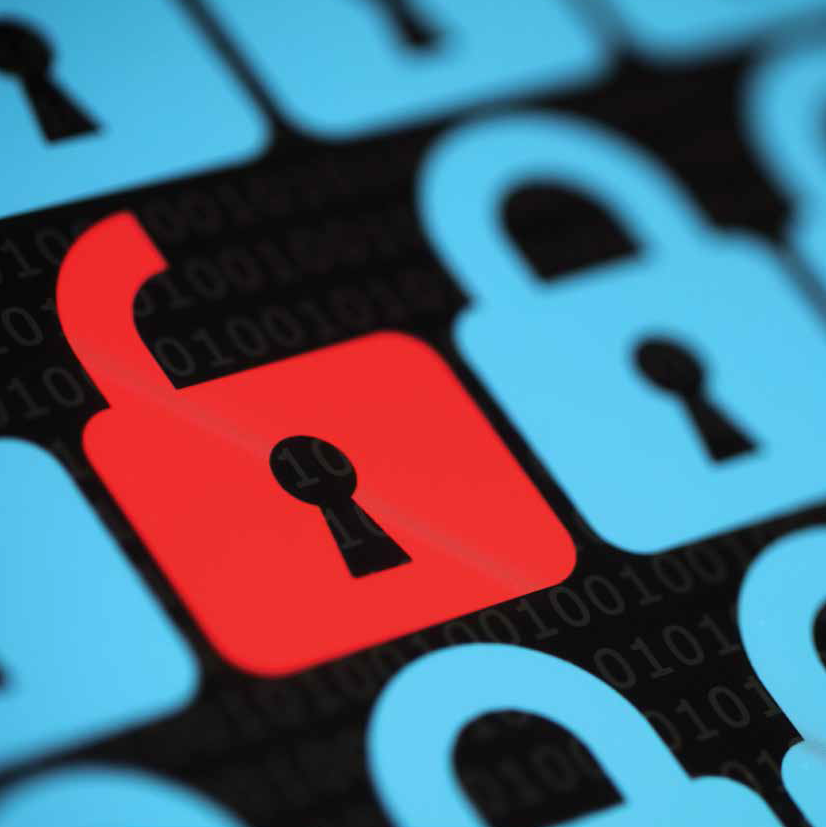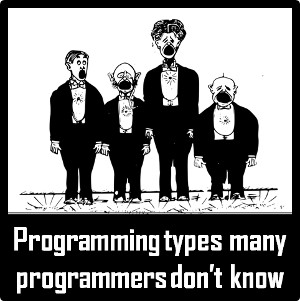Are we future-ready for threats to the world’s growing network of Smart Devices?
Published on 16 November 16
0
This blog is listed under
Development & Implementations
, Networks & IT Infrastructure
, IT Security & Architecture
and Quality Assurance & Testing
Community
Related Posts:
Post a Comment

 James
James








